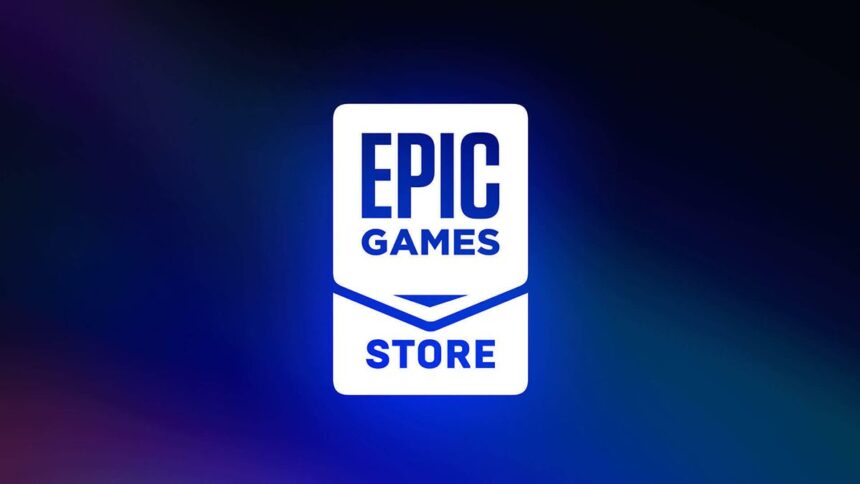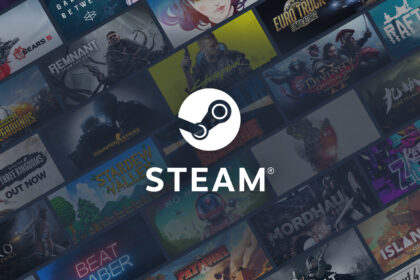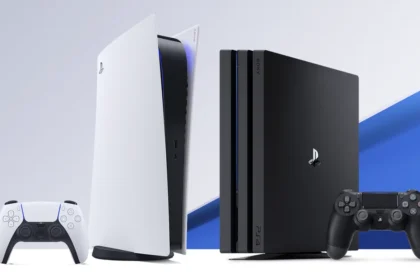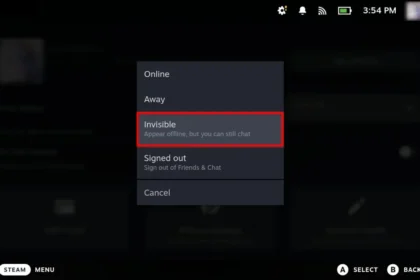It’s no secret that most PC gamers gravitate toward Steam—it’s feature-rich, reliable, and familiar. Meanwhile, Epic Games Store has struggled to catch up, largely due to its lack of fundamental features that players expect, like game preloading and robust social tools.
But that might be about to change.
During the recent State of Unreal event on Tuesday (3rd), Epic announced that several long-requested features will finally be coming to the platform later this year. While they didn’t specify exact launch dates, the announcement marks a much-needed step forward in Epic’s ongoing effort to make their storefront more competitive.
This news coincided with the unveiling of a tech demo for The Witcher 4, built in Unreal Engine 5.6. The demo, meant to showcase the engine’s advancements, sparked widespread debate in the gaming community—many players questioned whether what was shown truly represented in-game footage or just a polished showcase.
Future news for Epic Games Store
Epic Games is finally stepping up its game. After years of trailing behind platforms like Steam in terms of user experience, the company has confirmed some long-awaited improvements to the Epic Games Store.
One of the most notable updates is game preloading. Until now, players could pre-purchase titles, but couldn’t download them ahead of launch—something Steam users have enjoyed for years. That’s about to change. Epic has announced that preload support is coming, making it easier for players to jump into new releases the moment they go live.
Alongside this, Epic is introducing long-missing social features: text messaging, voice chat, party creation, and invite systems are all on the way. These are standard features elsewhere, but their absence on Epic’s platform has been a major sticking point for players.
Since its launch in 2017, the Epic Games Store has relied heavily on free game giveaways and exclusive titles to build its user base. However, some of these exclusives—like Alan Wake 2—reportedly saw reduced visibility and sales due to the limited reach of Epic’s ecosystem compared to Steam.
In addition to user-facing improvements, Epic is also rolling out developer-friendly changes. Creators will now receive 100% of revenue on the first $1 million earned annually from a title. After that, the standard 88/12 revenue split kicks in. Furthermore, Unreal Engine royalties have been reduced from 5% to 3.5%, and developers keep 100% of proceeds from their in-app sales systems.
These updates mark a significant shift in Epic’s approach—one that could finally help it close the gap with Steam, both in features and developer support. Whether this will be enough to sway a large portion of the PC gaming community remains to be seen, but it’s clear Epic is no longer content playing catch-up.











